|
For (too) many years, with others, I've coaxed and cajoled. Sadly though, at this transition point, I’m going to have to say it clearly once more - many ‘affirming’ church leaders truly frustrate me and are major problematic parts of the continuing ‘issues’ that churches and wider society have with sexuality & gender Individually some church leaders can be quite kindly in disposition, as well as otherwise gifted, but as a body they are a key element of the (straight) problem we have, alongside the bigots they refuse to face down publicly. It also sometimes feels like they are stuck in a time warp. For two things stand out...
0 Comments
I am deeply humbled and thrilled to announce that I am again being called to ministry in Sydney - as the next Minister of Pitt Street Uniting Church. This is a wonderful high profile progressive faith community which gathers on Gadigal land in the heart of Sydney’s CBD. After much reflection and careful discernment with the Uniting Church, Penny and I believe that this is the very best way in which I can serve with others in nurturing faith, love and hope in the next few years (from 1 March 2021) - as well as, very happily, being again close to family in Australia. I extend my thanks and blessings to all with whom I have journeyed in the past and to those I look forward to joining soon...
I've been troubled lately by 'inclusive' churches saying 'LGBTIQA+ are welcome here'. Such words involve good intentions but embody the problem they seek to address. For let's think about it. Do we say 'heterosexual/cisgender people are welcome here'? Or, even when we aim to tackle enduring sexism and racism, do we say 'women are welcome here', or 'black people are welcome here'? Now thankfully this is a step beyond 'all welcome here' - that now trite phrase on so many noticeboards and church communications. Like the offensive phrase All Lives Matter, 'all welcome' tends not only to erase our vibrant differences, but pays no attention to our particular experiences of power and (degrees of) acceptance. 'LGBTIQA+ are welcome here' is also better than 'we welcome LGBTIQA+ people here', which much more starkly represents the issue: differentiating 'we' - i.e those at the heart of the church community - from 'them', the sexually and gender diverse 'outsiders'. Yet it too also reflects the dominant approach of relating to sexually and gender diverse people as 'Other'. It fails to speak of the agency of LGBTIQA+ people our/themselves. It still keeps us/them in the status of guests, more or less unwelcome. It does not grasp that sexually and gender diverse people are as much the hosts and gifts of God's love as anyone else. Perhaps it is even time to leave 'affirmation' behind, and speak more directly of celebration and transformation? After all, sexually and gender diverse people are as much hosts as guests in Jesus' 'radical hospitality'...
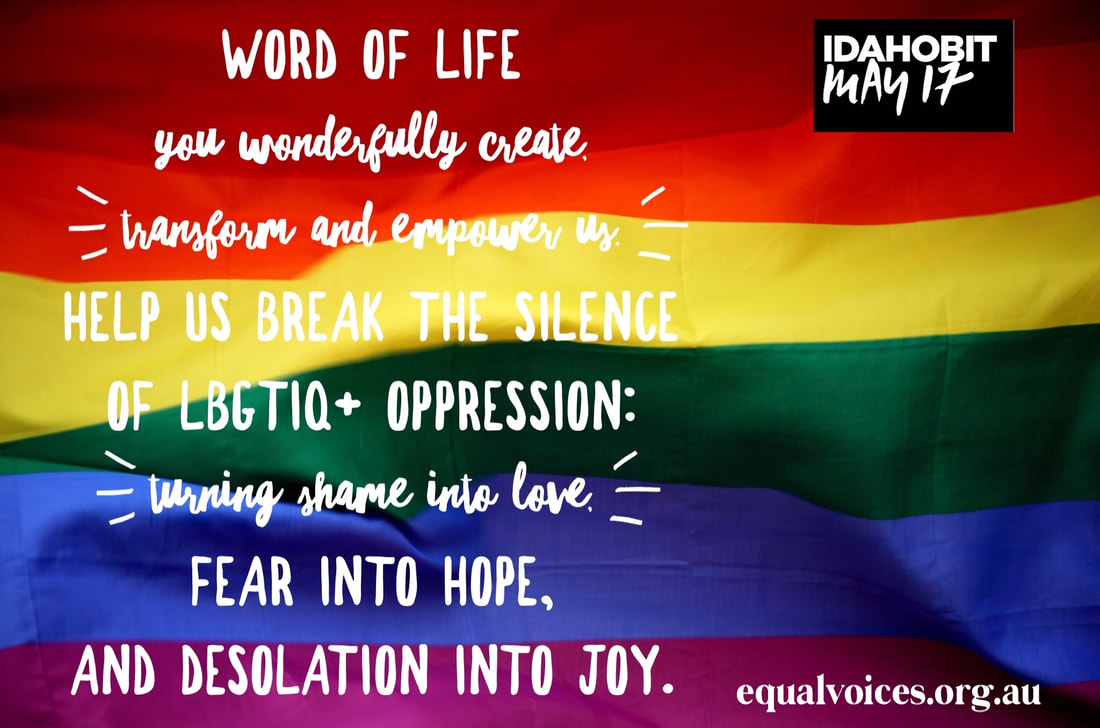 I first formally joined the (UK) Lesbian and Gay Christian Movement in 1990, the year that the World Health Organisation removed homosexuality from the Classification of Diseases and Related Health Problems, and IDAHOBIT - the International Day Against Homophobia, Biphobia, Interphobia & Transphobia - began. May 17 (IDAHOBIT) marks the anniversary of that significant WHO change, and since then considerable advances have been made by LGBTIQ people across the world and in many key sectors of life. The original gay and lesbian focus has also been widened and deepened to acknowledge the rich diversity of human sexuality and gender: IDAHOBIT thus started as IDAHO, without bisexual, intersex and transgender engagement, just as the Lesbian and Gay Christian Movement, to which I still belong, has broadened as One Body One Faith. The need for IDAHOBIT is still nonetheless massively apparent, particularly in many countries of the world. Under the cover of the COVID-19 crisis, some, such as Hungary and Poland, are also moving backwards in respect and affirmation. In countries such as Australia, understanding and support of bisexual, intersex and transgender people still lags behind progress for gay and lesbian people. As the International Day reaches 30 years old however, it is also a time for appropriate celebration of remarkable positive developments in so many places and areas of life. When, and how, however will Churches, and other religious groups grow up to their own mature humanity, 'to the measure of the full stature of Christ' (as Ephesians 4.13 puts it)?... 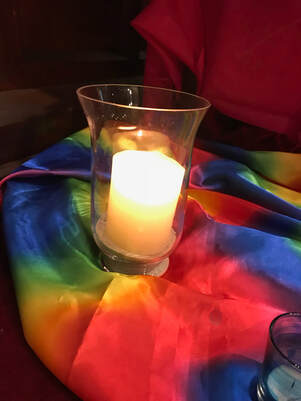 2020 promises to be something of a watershed year in the development of Anglicanism, both in Australia and internationally. For this year sees both an Australian General Synod meeting and the next Lambeth Conference, each of which look to be significant occasions in continuing Anglican 'culture wars', particularly in relation to the persistence of narrow ideological hang-ups towards sexually and gender diverse people. In addition, in Australia, the Anglican Church's Appellate Tribunal will rule on the legitimacy of two very mild steps taken by the dioceses of Wangaratta and Newcastle: respectively an agreed liturgy for blessings of those now able to be married under civil law under the marriage equality legislation now happily in place in Australia; and space for clergy in all such faithful relationships to able to use their gifts freely in recognised ministry in the Church, without fear of disciplinary action. Meanwhile, with proposed religious discrimination legislation before Federal Parliament, Anglican and other Churches will rightly come under further scrutiny for the degree of their collusion (and, in some cases, active leadership) with the continuing queerphobia and repression of LGBTIQA+ people in Australian society. Sadly, LGBTIQA+ Christian voices are typically restricted or denied in these developments, not least within Church debates themselves. Thankfully, like their counterparts overseas, Equal Voices Anglicans have been growing in strength and visibility, offering some hope and consolation in what will be a lengthy struggle for sanity and dignity. As this year unfolds, it is indeed hoped that fresh affirming expressions will be increasingly manifest. For the moment, on behalf of Equal Voices Anglicans, I offer a list of helpful resources for use, from both Australian and international sources: including You Tube and written stories, theology, small group study materials, and pastoral care resources - download here, or from the Equal Voices Anglican website here. 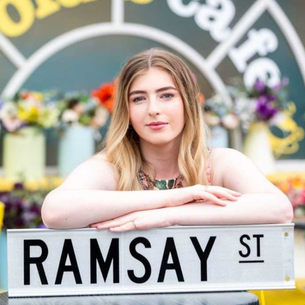 Sometimes Parliament is seen as a soap opera. If only it were! For though it remains so white and suburban, even TV’s Neighbours has just included a transgender character. It is a positive sign of the times but makes recent political developments all the more incongruous. For whilst the wonderful Georgie Stone enlivens Erinsborough High, in politics a green light is being given to repression. Why are we rushing towards religious discrimination laws when we’ve not yet even sorted our schools issues? So the question I want to pose is this: what kind of neighbours do we want to be as Australians together? Current parliamentary discussion is failing trans people - not least those of faith - in both process and specific proposals. Hence Equal Voices calls for postponement, into at least the middle of next year, to enable genuine consultation with those who will bear the greatest cost. The proposed Religious Discrimination Bill is a move towards enshrining disturbing forms of religious privilege and segregation which can only corrode our pluralist culture... standing with Equal Voices for genuine religious freedom in the face of proposed legislation31/8/2019 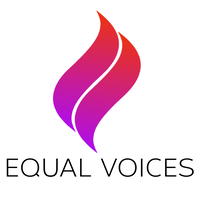 Sadly the Australian Federal Government seems intent on once more causing trouble for its LGBTIQ+ citizens. For the recently released draft Religious Discrimination Bill again reflects the militant drive of the Religious (and wider) Right rather than a desire to find a pathway to recognise all Australians as equal in law, respect and value. After the pain of the unnecessary postal survey campaign on equal marriage, there has been little let up for LGBTIQ+ Australians as some others have pursued what often seems like a deliberate vendetta. Significant elements and figures in Australia's Christian community continue to be major offenders in this, obsessed with their own narrow sectarian agendas and preservation of power and privilege. The consequence is further understandable alienation of many from religious bodies. LGBTIQ+ people of faith consequently also find ourselves further marginalised, sometimes not always finding 'safe space' within the wider LGBTIQ+ community. The Right's drive to posit the nonsense of 'God v the Gays' and a repressive 'LGBTIQ+ agenda' thus currently bears fruit. Thank God therefore for the existence of bodies such as Equal Voices, the national network of LGBTIQA+ Christians and allies, together with other LGBTIQA+ people of other faith, and partnerships with some other key LGBTIQA+ groups and leaders. Together we seek genuine freedom for all. As a member of the Equal Voices national board, I thus felt myself impelled yesterday to speak out with others in our movement about the failings of the Federal Government's approach. This follows my participation in shared advocacy with other LGBTIQA+ people (as in my speech at the Brisbane rally recently). See here below further for the words of our media release... 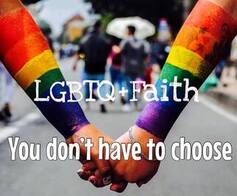 I speak today as both a proud member of our LGBTIQA+ community, and also as a dedicated person of faith, indeed as an Anglican priest. I do so, because people like me are typically erased, our lives and voices ignored. Yet we queer people of faith do exist! - and we are increasingly seeking to be visible. For our very existence gives lie to the monstrous misuse of religion for political ends. We suffer particularly profoundly from religious discrimination. We do not want religious exemptions which hurt us and others, and betray the heart of who we are. We also know that the majority of our fellow Australians of faith agree with us, as we saw in that dreadful postal survey. So we’ve tried to lobby, spoken to Government inquiries, sought to be part of desperately needed change. Yet, as queer people of faith, our rights to religious expression are seldom recognised... 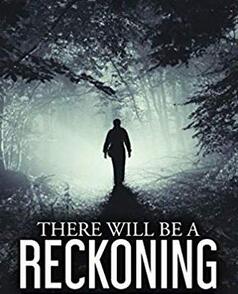 Who would have thought, in Australia in 2019, that, thanks to the insistent Tweets of a rugby player, hell would gain such attention? Hellish is certainly the result for those of us in the rainbow community. Particularly since the recent Federal election, we have been subjected to a deliberate right-wing campaign of aggression and hate, with fresh destructive impacts on our mental health and well being. This is a powerful expression of the vicious distortions of so much of today's media, and the apparent eagerness of some 'religious' groups to promote, or be used by, repulsive reaction in the name of religion. It is also a vivid reminder, both of how theological concepts can have real life consequences, including in the political sphere, and also of the need for a religious, as well as much broader, response by LGBTIQA+ people of faith. For religious-inflicted pain is indeed rife and horrendous among LGBTIQA+ people. Anger at religion as a whole is therefore, as a huge understatement, more than understandable. More moderate 'straight' religious people urgently need to recognise this and join the rainbow community as much more effective allies, with a commitment to genuine listening, deep repentance for religious-based shaming and violence, and powerful commitments to assisting in change. Yet, as it uses religion, we are also unlikely to defeat the hideous distortion that is right-wing 'religious freedom' without better theological scrutiny and the use of religious resources by LGBTIQA+ people of faith, affirmed by other parts of the rainbow community. In this, one key feature is indeed to reclaim the very idea of hell as a theological impulse towards justice for the oppressed, connected with the vision of 'a new heaven and earth' of peace and love, not as punishment of 'the other' by the rich and powerful. For God, if that world is to have reality at all, needs proclaiming as the ultimate source of transforming love in generous diversity, not as a mean tyrant picking on the marginalised. If hell is to have any real meaning, other than as a description of actual lived pain today, then it must be as a reminder that, in some ultimate sense (to use Billy Bragg's words): 'there will be a reckoning for the peddlers of hate... and a reckoning too for the politicians who left us to this fate'... |
AuthorJo Inkpin is an Anglican priest serving as Minister of Pitt St Uniting Church in Sydney, a trans woman, theologian & justice activist. These are some of my reflections on life, spirit, and the search for peace, justice & sustainable creation. Archives
July 2024
Categories
All
|
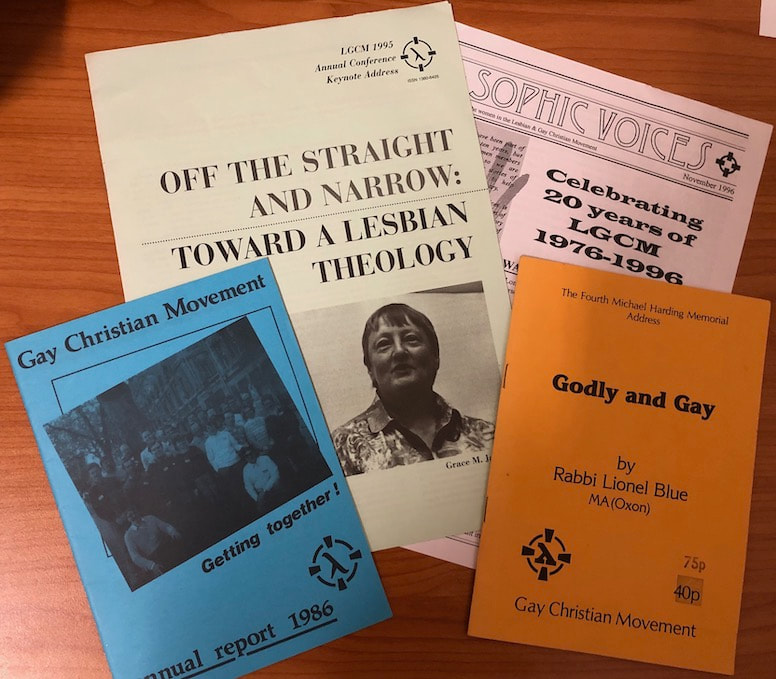
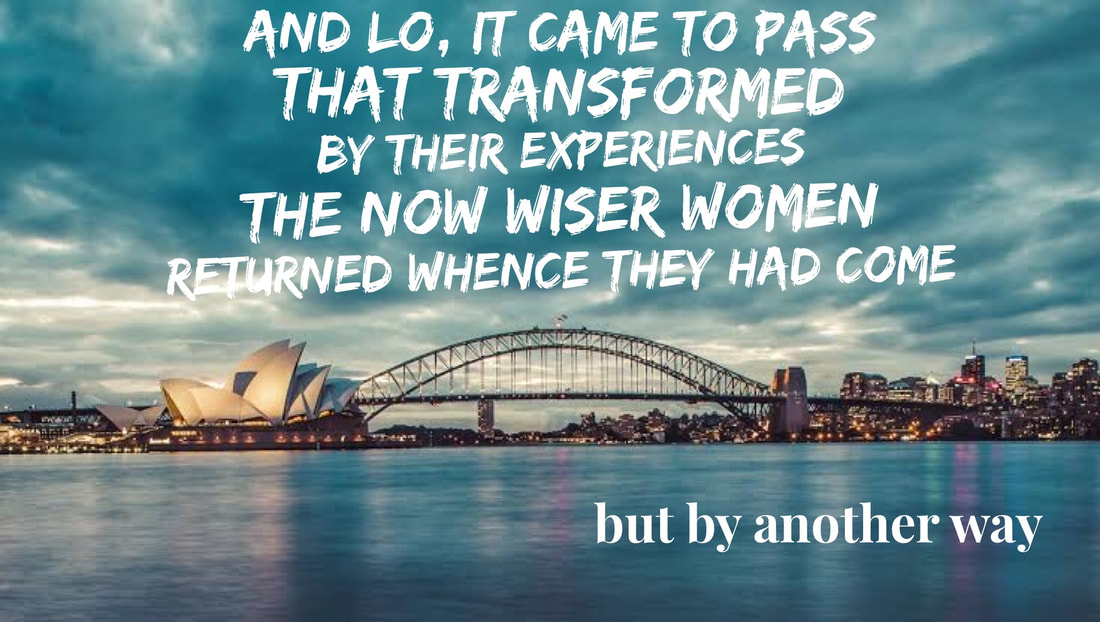
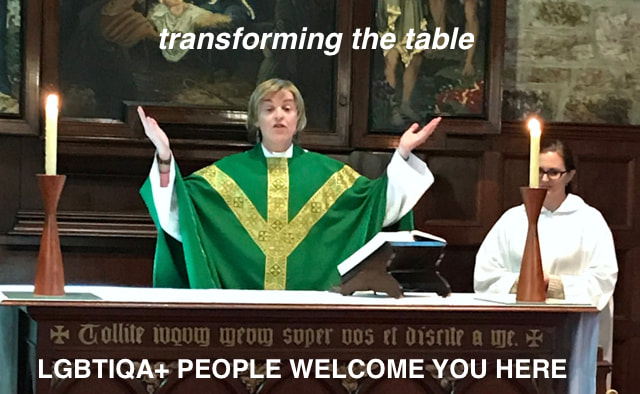
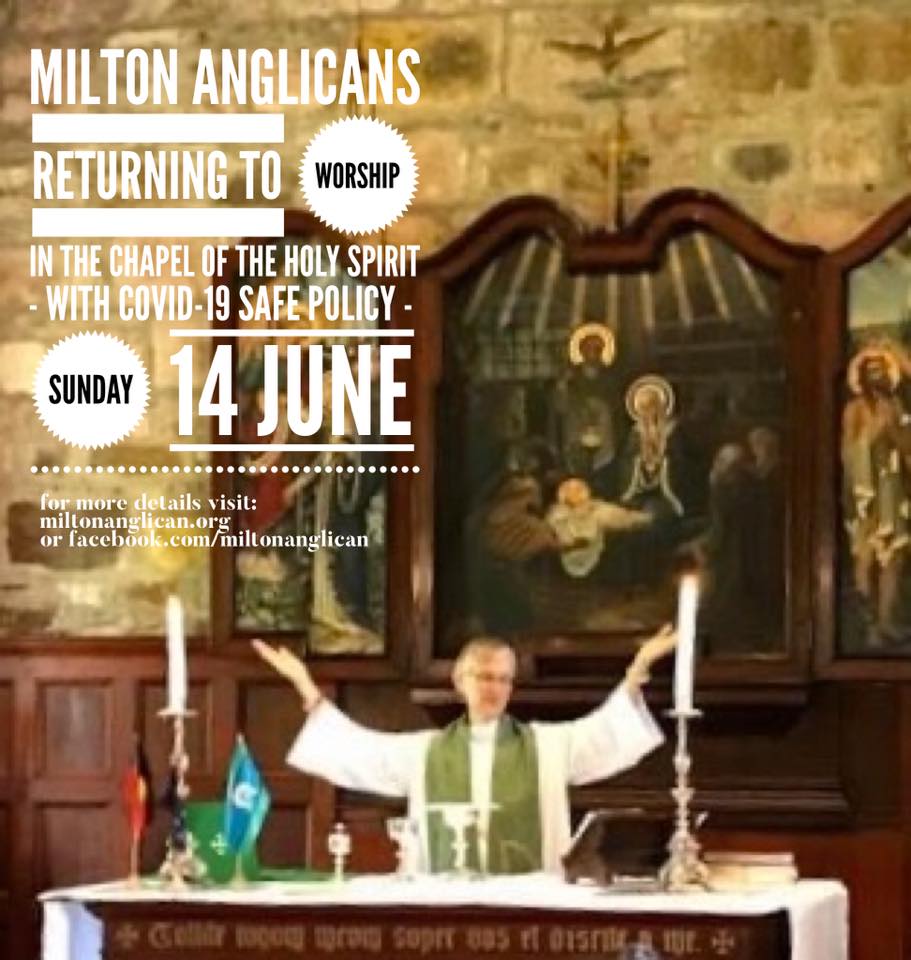
 RSS Feed
RSS Feed